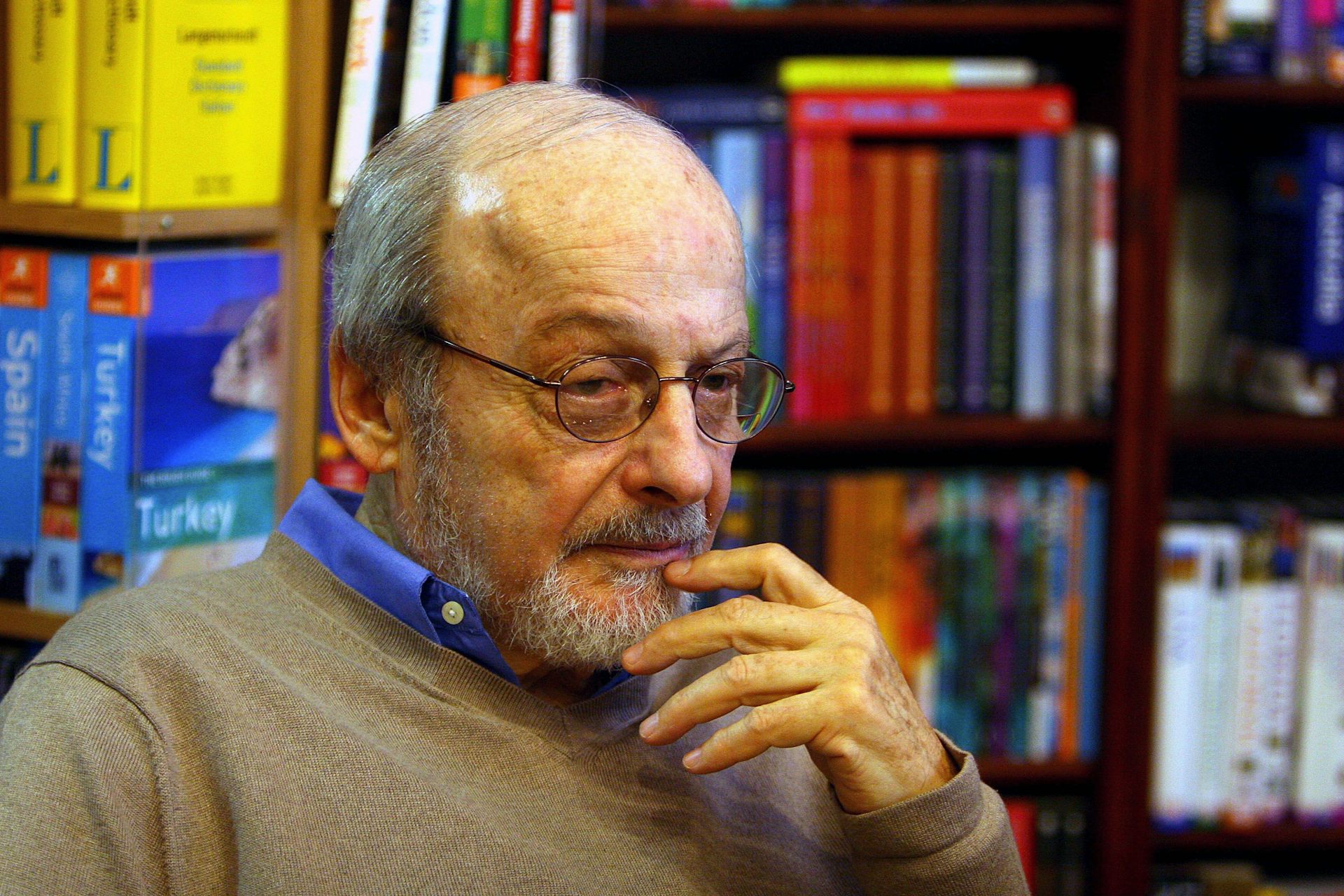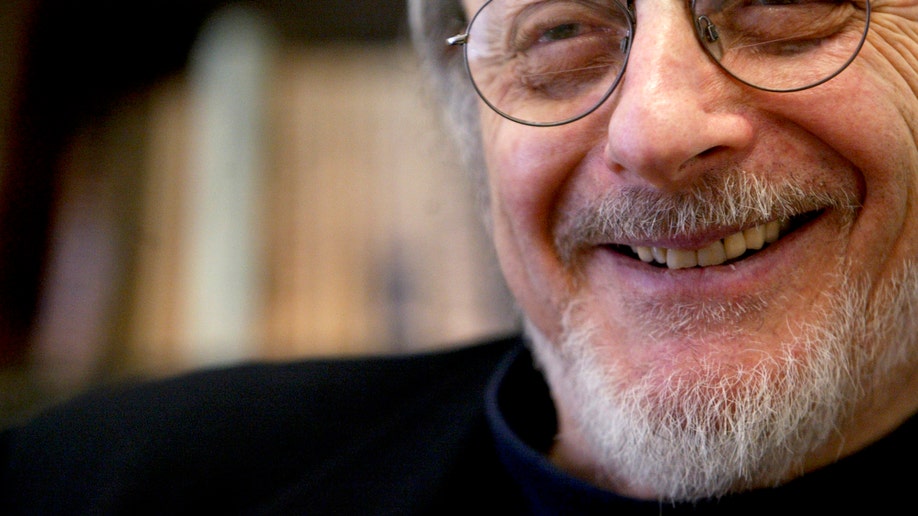

DOCTOROW: My first novel happened because I was working as a reader for a film company. WASHINGTON SQUARE: How do you feel your writing or your approach to writing has changed since the publication of your first book in 1960?Į. He met with us on a winter afternoon in his office at the NYU Lillian Vernon Creative Writers House in Greenwich Village. He is a longtime popular professor in the Creative Writing Program at NYU and he graciously agreed to speak with Washington Square. Doctorow has received three National Book Critics Circle Awards, the National Book Award, two PEN/Faulkner awards, and the National Book Foundation’s 2013 Medal for Distinguished Contribution to American Letters. Both consistent and surprising, Doctorow re-imagines his fiction to provide fresh, relevant texts for a loyal readership.Īmong many awards, E.

He is, in that way, one of the most generous writers working today.

It is both emblematic of the author’s style and completely original, set apart in tone and format from Doctorow’s previous works. The novel, about a cognitive scientist addressing the losses of his life, pushes the reader into a baffling and poignant series of questions about the novel, the mind, and the mind in the novel. His latest book, Andrew’s Brain (Random House, 2014), is another new journey. Doctorow encapsulated his philosophy: “Writing is not a matter of inventing it’s a matter of discovering.” Throughout his prolific career-he has written twelve novels over fiftyfour years-Doctorow has relentlessly pursued such discovery, with novels that explore subjects ranging from the Bronx to Harry Houdini to the Civil War. Kate Brody and Dana Isokawa An Interview with E.


 0 kommentar(er)
0 kommentar(er)
